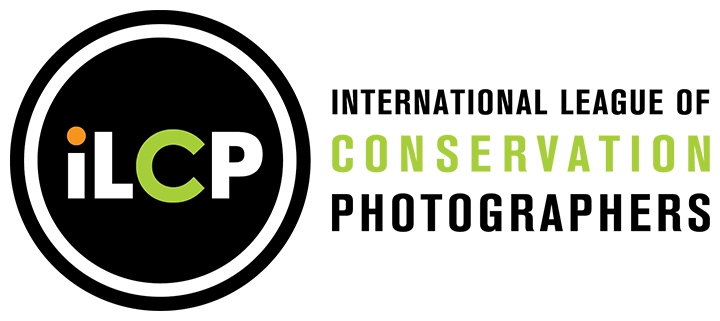Honduran President Burns Shark Fins, Reinforces Marine Sanctuary
Honduran President Porfirio Lobo Sosa yesterday reaffirmed his commitment to the ban on shark fishing in the Honduran Caribbean, enacted on June 24, 2011. In a dramatic demonstration, Lobo Sosa personally put the torch to 144 pounds of illegally harvested shark fins recently confiscated in Laguna Brus, in Western Honduras. A pungent smoke filled the air during the press conference that followed.
“It is really strong to show the people that we are burning something that has value,” said Maximiliano Bello, Senior Advisor for Global Shark Conservation to the Pew Environment Group. “But we needed to do that because there is still some illegal fishing going on, and it’s important to show people that fishing sharks is illegal.”
With its declaration of making the nation’s entire maritime waters a shark sanctuary, Honduras provides legal protection to sharks from fishing and prohibits trade in their parts or derivatives. This is an important step to conserving these apex ocean predators. Implementing management strategies for sharks that help reduce their by-catch by other fisheries, limits illegal trade and identifies ways to expand their conservation to neighboring countries is essential to their survival.
The Center for Marine Ecology, based in Tegucigalpa, is working with local fishing communities and government officials to implement sustainable fishing practices that help ensure the long-term health of the marine ecosystems of Honduras. “We want to reorient these fishermen, so they can take advantage of the resources that are abundant, said Dr. Steve Box, Executive Director of the Center for Marine Ecology. “This needs to be done in a sustainable way, so they don’t need to catch sharks. We need sharks in the ocean.”
Center for Marine Ecology:
The Center for Marine Ecology conducts progressive research on marine, coastal and island ecosystems. Initially founded on the island of Utila, the center now has projects across Central America spanning the Caribbean and Pacific coasts. Combining both applied ecological research and socioeconomic studies, their holistic research interests focus on providing the science with which to develop proactive management strategies for the sustainable use of marine and coastal resources.
The International League of Conservation Photographers (iLCP):
iLCP enlists the skills and expertise of some of the best conservation photographers in the world to advance conservation efforts around the world. iLCP is currently working with the Honduran-based Center for Marine Ecology to capture—in both images and video—the story of innovative community-driven efforts to conserve marine biodiversity and provide sustainable livelihoods in the Honduran Mesoamerican Reef region.
